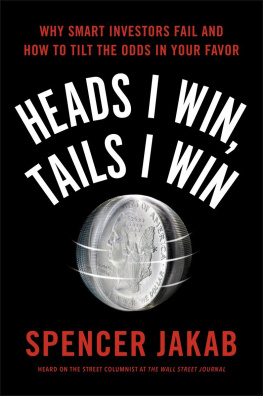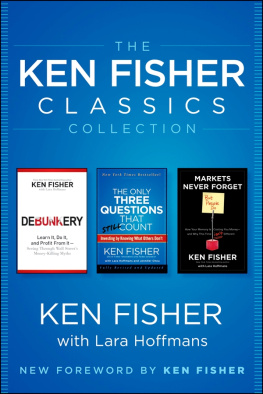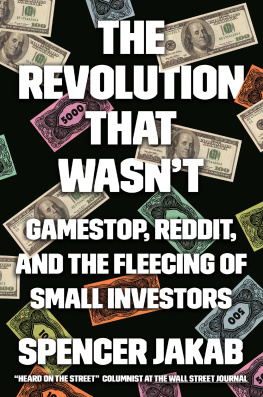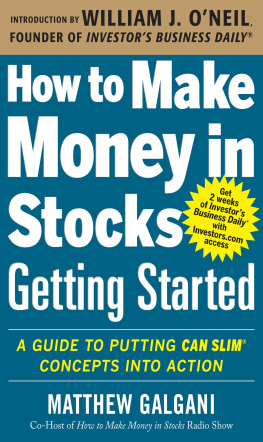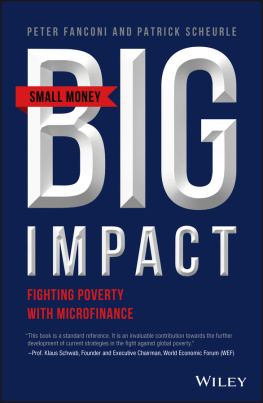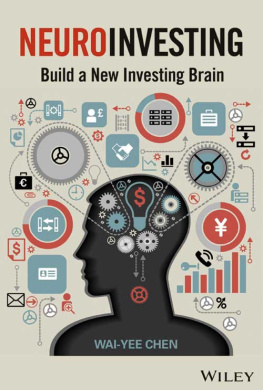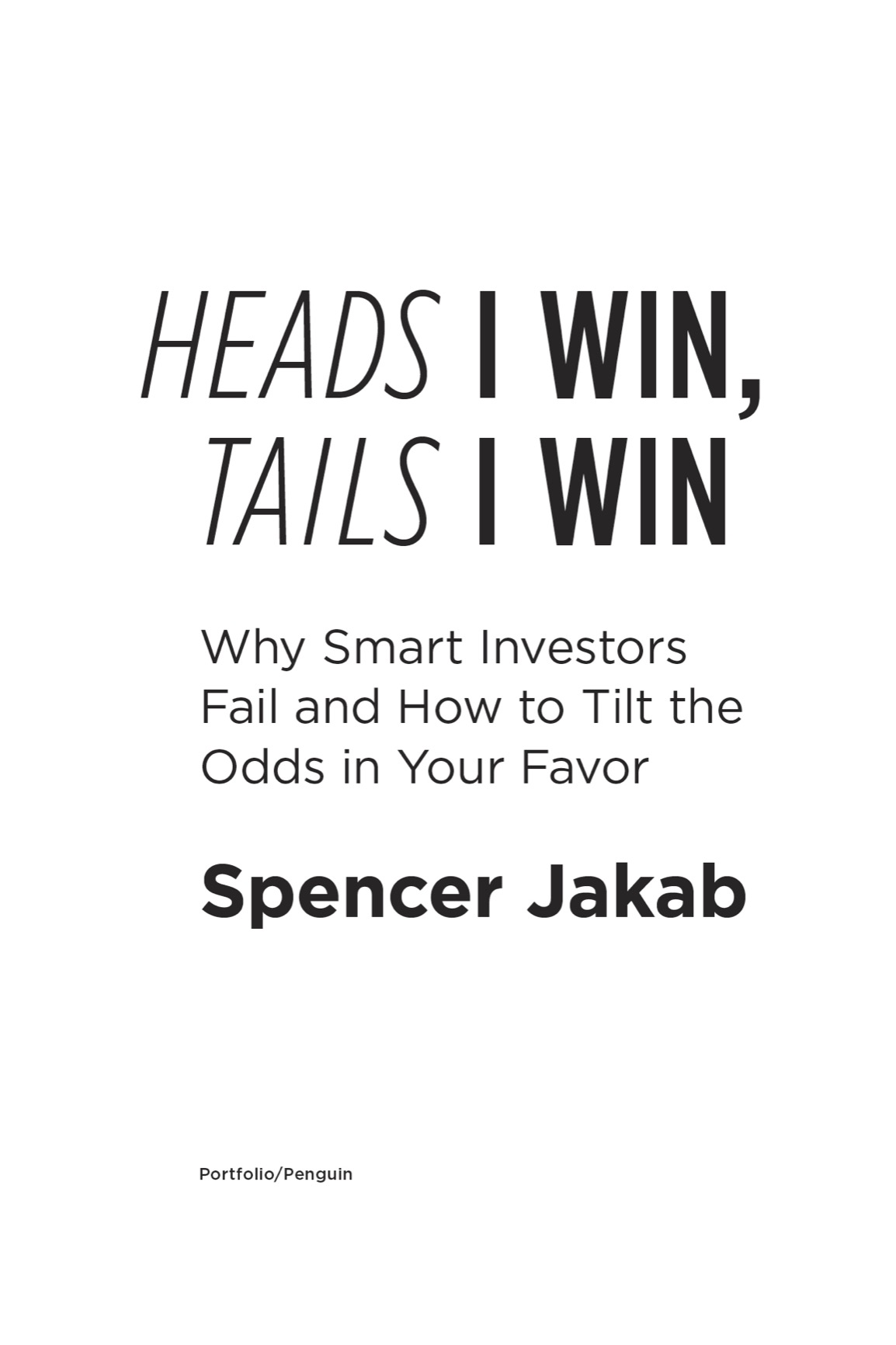Penguin supports copyright. Copyright fuels creativity, encourages diverse voices, promotes free speech, and creates a vibrant culture. Thank you for buying an authorized edition of this book and for complying with copyright laws by not reproducing, scanning, or distributing any part of it in any form without permission. You are supporting writers and allowing Penguin to continue to publish books for every reader.
This publication is designed to provide accurate and authoritative information in regard to the subject matter covered. It is sold with the understanding that the publisher is not engaged in rendering legal, accounting, or other professional services. If you require legal advice or other expert assistance, you should seek the services of a competent professional.
PREFACE
H ey, good-looking.
Scientific studies have shown that if you survey a large group of people about their relative attractiveness on a scale of 1 to 10, the average answer will be a 7. Speaking as a 7 or maybe even an 8 myself, thats ridiculous. You probably feel the same way.
Its in our human nature to view the world through a distorted prism. In most cases thats basically harmless. When it comes to something such as self-esteem about our appearance, its arguably even helpful.
Overconfidence is less good for other things. Take drivingan activity at which not only do the vast majority of people surveyed claim to be above average, but even those being treated in emergency rooms for accidents they caused still insist theyre better than most.
This book is about money, not something that can leave you or your family members injured or worse. Still, your finances are pretty importantarguably third in terms of priorities after health and happiness. Its also what Ive spent nearly a quarter century thinking and writing about every day, most recently for the Wall Street Journal.
For all the ink thats spilled about investing, theres a reason the world needed another book on the subject. Its the last area of our lives where even very smart people let hope triumph over experience. Were handicapped not only by the psychological biases that turn the person we see in the mirror into George Clooney or Angelina Jolie, but by an industry with multimillion-dollar marketing budgets and an eye on its own bottom line, not yours.
That bothers me, and it should bother you too. In the United States alone, tens of billions of dollars a year that might be in ordinary savers brokerage and retirement accounts wind up somewhere else. If youre a typical investor then this year alone that comes to something like 140 times the hardcover price of this book. Over your working years it adds up, with compound interest, to nearly half a million dollars in foregone wealth. Whats more, if youre typical you have no idea how much money you could and should be earning or even how much you have earned. Its unbelievable but true, and very much a case of what you dont know can hurt you.
Unless youre very handy, you probably dont know how to fix your own car or refrigerator or give a family member a decent haircut. You almost certainly cant fly your own airplane or perform an appendectomy. But most Americans are expected to be part-time fund managers. With gold watches and a steady, livable pension check becoming a rarity, weve been entrusted with our own finances and for the most part failed miserably. The way to measure that is through your returns, and the numbers are so shocking that Im regularly challenged by people who say they cant be right.
They are, but the skepticism is natural. In fact, the questions come from readers or audience members at speaking engagements who are fairly financially savvy. Having a good idea of what long-run returns have been for stocks and bonds, they find the numbers impossible to reconcile with how little a typical investor makes. The explanation is that were all players in something called a zero-sum game. That dud investment, high fee, or unfortunate timing that caused you to lose money or earn less than you might have didnt send the foregone dollars to money heaven. They went somewhere elseinto the profits of a large financial services company or the pockets of an investor who usually doesnt make those errors.
Youve almost certainly heard and read about Warren Buffett, probably the most successful investor of our time. Over the past half century his main investment vehicle, Berkshire Hathaway, grew a dollar by 163 times more than one invested in the stock market. Compared to you, though, it earned about 3,165 times as much.
No, I didnt dig through your trash to read your 401(k) statements. I mean you in aggregate. Maybe youre a little bit better or perhaps a bit worse, but that is a huge difference. This book is here to help narrow the gap between you and the market return and perhaps even allow you to do a little better than that. Just whittling away slightly at the difference will add meaningfully to your bottom line.
Maybe that sounds a lot less appealing than saying I can help you double or even quadruple the size of your nest egg, but for the typical investor its the same thing. The difference really is that big and the power of compound interest that impressive. Theres a virtual orchard of low-hanging fruit to pluck and Ill show you where to find it. There are even some juicy treats on the high branches that can help you do a bit better than the market.
The key is to look at investing differentlynot just to be told what you should be doing and what youre doing wrong but to understand why. I cant tell you how much stocks will go up in the future or which ones to buy. What I can tell you with a good deal of confidence are your odds of a decent return doing what most people do and how remarkably simple it is to improve them.
Heads I Win, Tails I Win isnt your typical how-to-get-rich book. It isnt a finger-wagging lecture on prudence either. Im going to shock younot only to open your eyes to the fact that youre leaving a fortune on the table, but explain how it happens and how unnecessary it all is. If I do my job right youll be both angry and hopeful by the time you finish.
Im going to make you two promises here at the outset. The first is that there will be no algebra, Greek letters, or other confusing stuff in these pages. It isnt necessary. Yes, there are quite a few rocket scientists who work in finance these days, but you most definitely dont have to be one to understand and apply profitably what Im going to say.
My second promise is that this really is my best advice. I already sold you this book (I hope), but unlike a lot of authors in the bookstores business and finance section, Im not selling anything else. Over the last quarter century Ive worked as a top-rated stock analyst at a major investment bank and more recently as an investing columnist. Whether the market is cruising or crashing, Ive seen peoples eyes light up time and again when I tell them what I do for a living. Ive had to fend off lots of strangers asking for specific advice about what to do with their money and even people offering to pay me when I said no.

